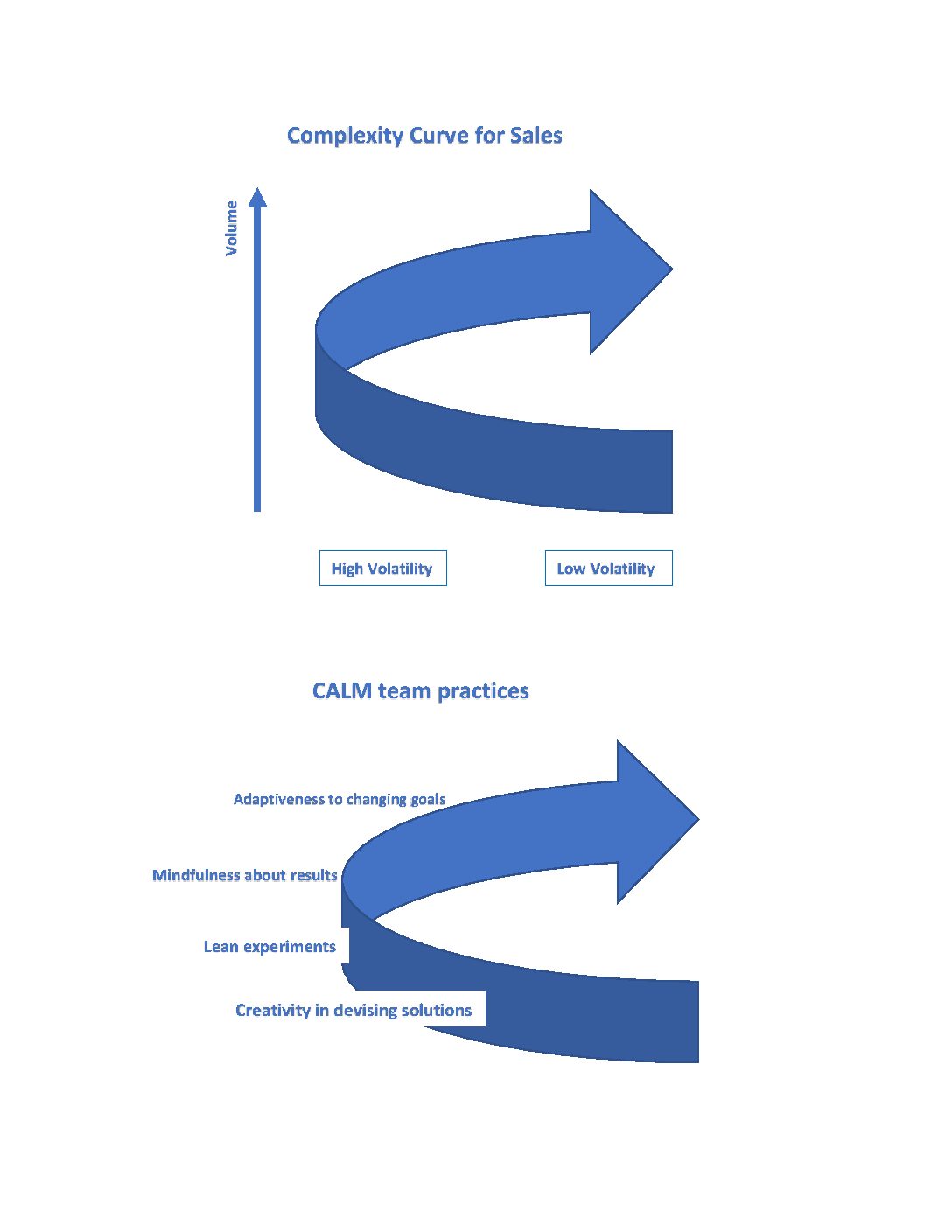The information revolution is drawing to a close as our expanding information resources bury decisions under ever-higher piles of conflicting data. Leaders of even small organizations simply cannot tell what matters.
The reason for this is our neglect of relevance as raw data get cheaper to generate. To learn from experience despite the glut of information, we must define relevance in a new way — and one that depends critically on assumptions.
More specifically, we must develop strategies explicit enough to be testable, derive performance metrics from the assumptions behind those strategies, and use performance results to reveal errors in our strategic goals and assumptions as well as in execution.
The testable strategies, relevant metrics, and strategy reviews proposed here amount to more than a guide for coping with performance information overload. They embody an experimental approach to management and problem solving. It’s an approach that reflects a thorough fallibilism about the strategies we construct to meet our goals and an optimism that we can always do better.
David Apgar is the author of Relevance: Hitting Your Goals by Knowing What Matters (Jossey-Bass, 2008)



